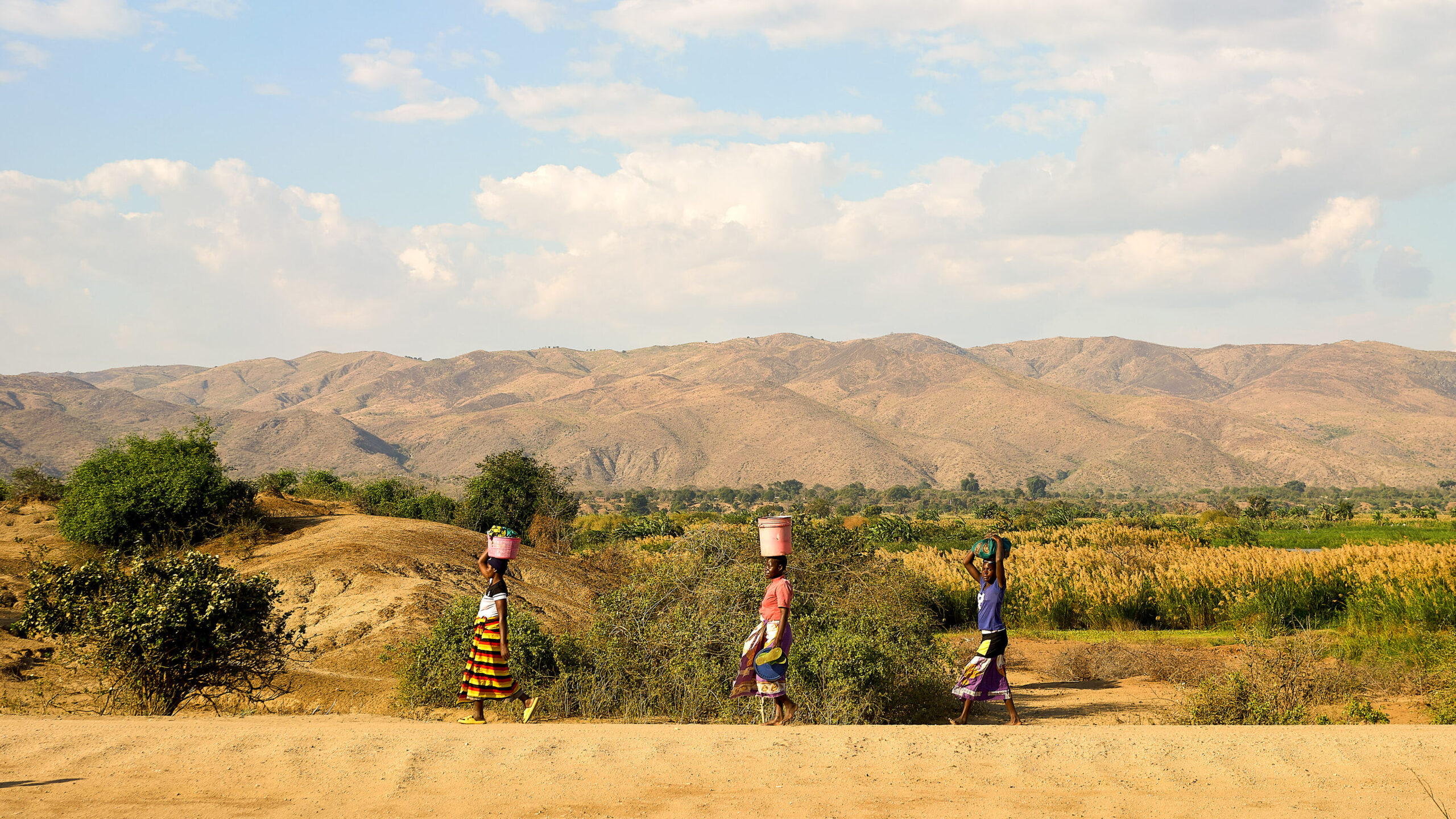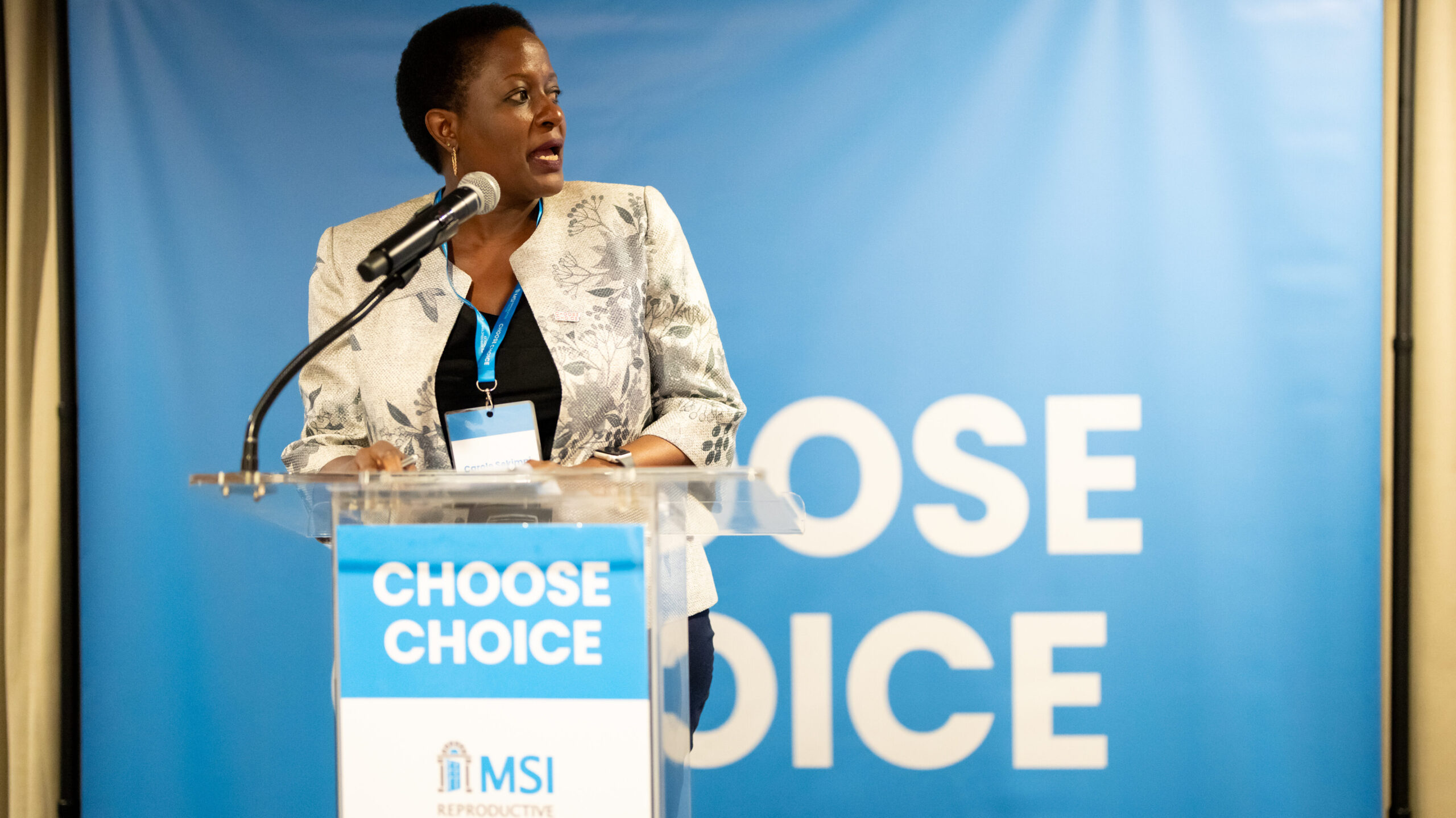Marie Stopes International (MSI) warns up to 9.5 million women and girls risk losing access to its contraception and safe abortion services in 2020 due to the COVID-19 pandemic.
The consequences would be devastating. MSI estimates that across the 37 countries where it works, the loss of its services due to COVID-19 could lead to an additional:
- 3 million unintended pregnancies.
- 2.7 million unsafe abortions.
- 11,000 pregnancy-related deaths.
Simon Cooke, Marie Stopes International’s Chief Executive, said:
“Women and girls will pay the price if governments do not act now to safeguard access to essential healthcare, including safe abortion and contraception.
“Abortion is an essential and time-sensitive procedure, and delays caused by social distancing, healthcare shutdowns and travel restrictions will have a profound impact. But if governments are willing to work with providers there are simple, effective and proven steps that could save thousands of lives.”
Contraception and abortion are essential healthcare
We are seeing the effects first-hand in countries like Nepal, where the government has ordered a national lockdown. Due to mobility restrictions, neither providers nor clients were able to reach Marie Stopes Nepal’s centres, forcing them to close. However, women’s need for sexual and reproductive healthcare has not stopped. Marie Stopes Nepal’s contact centre has seen an increase in calls from women seeking abortion services since the start of the lockdown.
Sarita Ojha, a Counsellor at Marie Stopes Nepal’s Contact Centre, shared:
“This woman was crying on the phone. ‘When will your services restart? I cannot afford to have another child. Please help me!’ It really broke my heart not to have an affirmative answer for her.”
Fortunately, by working in partnership with local government, Marie Stopes Nepal has been able to re-open seven clinics, with more in the pipeline, meaning women can still access care.
Women’s health and lives at risk if services stop
During the 2013-2016 Ebola outbreak in West Africa, women in Sierra Leone were not only at risk due to Ebola: their access to essential and lifesaving reproductive care was also disrupted, resulting in as many, if not more, pregnancy-related deaths than from Ebola itself.2
Learning from the Ebola crisis, governments must define contraception and safe abortion services as essential, meaning life-saving care can be delivered, with the appropriate precautions and protective equipment.
Felix Ikenna, a doctor and quality assurance director for MSI in Sierra Leone, said:
“People will always need services, irrespective of an epidemic. During Ebola, the number of women we saw went up as word spread that we were still open.
“The crisis led to a spike in the number of teenage pregnancies. People were too afraid to go to hospital or government facilities. If we had stopped providing contraception and post-abortion care, it would have been much worse. … Marie Stopes Sierra Leone was one of the only organizations that continued providing services.
“I remember one woman came to us following a miscarriage. She had a fever and probably had Ebola, but we were able to follow MSI infection prevention guidelines which stopped any cross infection. It’s the same now with COVID, if people come in with a cough it could be coronavirus or because the rains are coming. Whatever happens you need to protect yourself.”
Health care at a breaking point
In countries, like Uganda, already hit by the funding cuts caused by the US imposition of the Global Gag Rule , the impact of COVID could be even more dire.
Marie Stopes Uganda Country Director, Dr Carole Sekimpi said:
“The Global Gag Rule only serves to put women at even greater risk when a crisis like COVID-19 hits.
“Over the past three years, the Gag Rule has cut off access to contraception for Uganda’s most vulnerable women and adolescent girls. I have seen first-hand the consequences of this shameful policy: women’s lives, health and futures put at risk when they can’t get the contraception they need.
“Women and girls in Uganda have already lost access to contraception and health care due to the Gag Rule. They will be further stretched to prevent an unintended pregnancy or get basic reproductive healthcare when COVID hits their communities.”
Removing barriers
In many of the 37 countries where MSI provides services, health systems are struggling to provide safe abortion and contraception under the strain of COVID-19. But there are concrete actions governments can take to ensure access and save women’s lives: from allowing women to access safe abortion and contraception services remotely via telemedicine, allowing pharmacies to provide services and removing unnecessary waiting times and the need for multiple doctor sign offs.
Above all, anti-choice lawmakers must not exploit the COVID-19 pandemic as an excuse to try to deny women access to abortion and contraception.
Now more than ever, to save lives, governments worldwide must include the reproductive healthcare women need in the list of essential services.
– Ends –
Notes to Editors
For interviews and further information please contact:
Email: [email protected]
Tel: (+1) 202 864 2522/ (+44) 07769 166 516
About MSI
MSI is a global organisation providing contraception and safe abortion services to women and girls in 37 countries. We believe that every woman and girl must determine her own future, and the high-quality services we provide give a woman the power to pursue her dreams for herself and her family.








